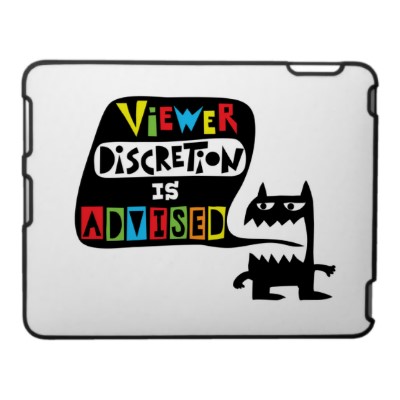 Growing up in the Midwest, discretion was part of my DNA. Yes, I’m Canadian but in many ways we were culturally similar to our American counterparts. So like a character in a Garrison Keillor novel, I was shy with feelings and kept many things to myself. My family and I did not share freely nor did we expect to hear all and sundry from others. We closed the drapes at night.
Growing up in the Midwest, discretion was part of my DNA. Yes, I’m Canadian but in many ways we were culturally similar to our American counterparts. So like a character in a Garrison Keillor novel, I was shy with feelings and kept many things to myself. My family and I did not share freely nor did we expect to hear all and sundry from others. We closed the drapes at night.
I’m not saying this was the best way to behave. It’s just the way we were. And it meant I was often wondering about what, if anything, I could disclose.
Having a laconic approach gave me a strong sense of privacy. Even today, when I’m about to tweet or post something, I think twice before pressing send.
I was reminded of this when I read an article in the New York Times about the latest way we’re able to expose our personal habits online.
Dscovr.me is a new site, which, along with Sitesimon.com and Voyurl.com, lets you share our browsing history (‘clickstream’) with friends so they can see where you’ve been.
Now I think being social is a wonderful thing and as I’ve said, I’m addicted to many aspects of it. I understand people want to share things. But browsing? That’s just looking around. Think about when you’re in a store. Would you send friends photos of every item that catches your attention – with no filter or curation?
Sure we can establish parameters – and I hope we set these on all social sites. But I blog, share links on Twitter, bookmark sites I think are relevant, post to Facebook, check-in on Foursquare (sometimes). That gives you a pretty good idea of what I’m doing or thinking about a good deal of the time.
I’m a big proponent of good judgment (it’s essential to PR) and feel that before we put even more of ourselves on public display, we should ask three questions:
- Do I really understand what I’m doing and the long-term implications for my friends, family and me?
- Am I adding value or just contributing to information pollution?
- How does what I’m doing help anyone?
Let’s answer these as honestly as we can before committing to any social activity – whether online or IRL. There’s a big difference between transparency and overexposing.
What do you think?

I agree with you Martin. With social media we can share whatever we choose to, but we can sometimes forget that there is no need to share everything online. I was unaware of the sites you mentioned and I know I will never be interested in this type of information. I don’t see how it is social, it only prevents you from having some privacy.
Thanks Karen. I think that the ability to ‘share’ makes the sites social. I agree with you about privacy – and think we all need to find the level of privacy we’re comfortable with.
Hi Martin, I heard you speak at a nursing conference last November and found your talk very interesting. I think the term “information pollution” is very appropriate in this blog. Sharing browsing history without any purpose seems unnecessary, moreover the thought of looking at what other’s have been browsing seems tedious to me. I don’t think being raised in a private family plays a significant role in this view, but that it’s more about being able to critically appraise information that we share and receive. In response to your three questions, discovr.me does not appear to have any useful purpose, but that’s not to say that people don’t contribute to a lot of information pollution on Facebook/Twitter/MySpace/etc as well. Discretion is certainly not a bad word. I really enjoyed this blog. Thanks for sharing it!
Thanks Nicole. I think you’re right about taking a critical approach to what we share and not just posting everything willy-nilly.
Hi Martin! I grew up in a family that is very opinionated and they don’t mind sharing information with others, but even then I am very conscious of what I post on my Twitter or Facebook. I am pretty new to Twitter, but I have noticed people tend to post more helpful information on Twitter, then on Facebook. Don’t get me wrong, people speak freely on both social media sites, but I feel that people are judged more by their Tweets, then by their Facebook statuses. Being a college student, seeking a job in the PR world, I am learning all about ways people can benefit most from your Facebook and Twitter and I believe that your blog summed it up in 3 ways. Thanks for the help!
Thanks Emily. I wonder if Facebook is considered more ‘private’ because you invite your friends and Twitter is more of a public news feed. As a student, I think it’s good to reach out to PR practitioners and start to build your network while you’re studying.